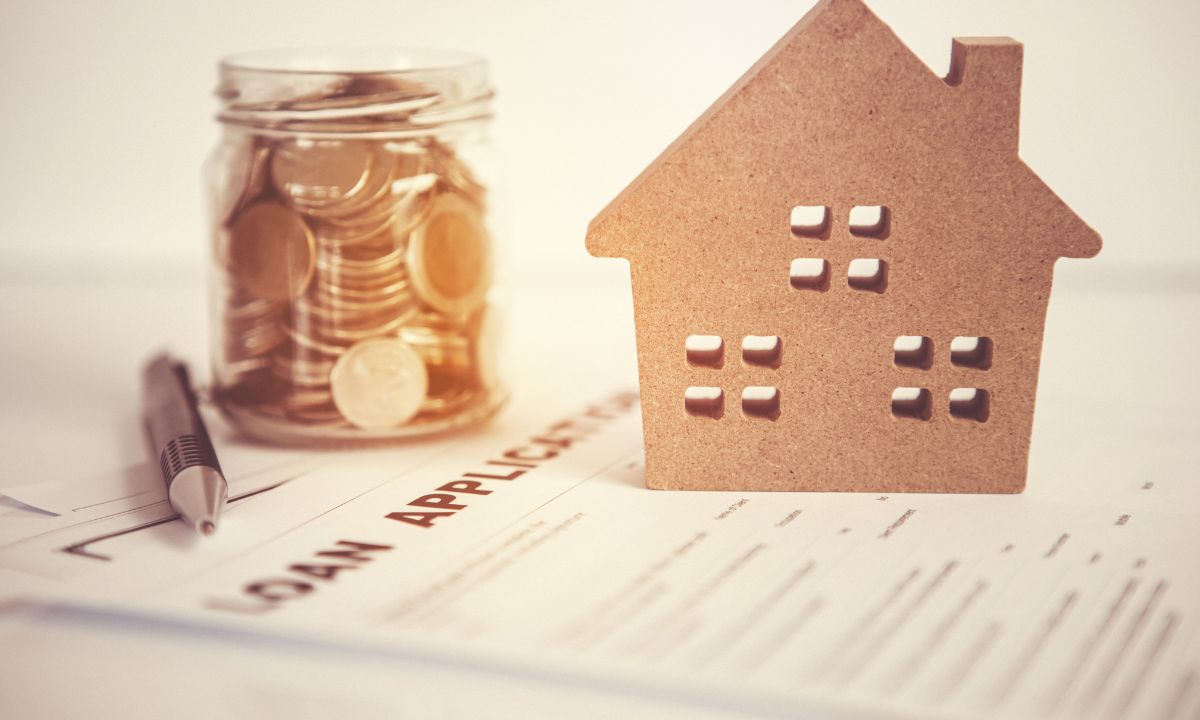 Credit card debt in the U.S. has surged to an unprecedented level, climbing by $50 billion last year to a staggering $1.13 trillion. This highlights the financial strain many individuals and families are experiencing, making effective debt management more crucial than ever. One potential strategy to consider is a cash-out refinance on your home.
Credit card debt in the U.S. has surged to an unprecedented level, climbing by $50 billion last year to a staggering $1.13 trillion. This highlights the financial strain many individuals and families are experiencing, making effective debt management more crucial than ever. One potential strategy to consider is a cash-out refinance on your home.
What Is a Cash-Out Refinance?
A cash-out refinance lets homeowners use the equity in their property to consolidate high-interest debts, such as credit card balances, into their mortgage. This can potentially lower the interest rates on your existing non-mortgage debt and make your monthly payments more manageable.
However, it’s important to carefully evaluate this option and understand its implications. Here are some key factors to consider:
- Interest Rates
Mortgage interest rates are usually lower than credit card rates. By moving high-interest credit card debt into your mortgage, you could save money over time due to the lower interest rate. This can reduce the overall cost of your debt and make it easier to manage.
- Long-Term Commitment
A cash-out refinance often extends the term of your mortgage, which can lower your monthly payments but may increase the total amount of interest paid over the life of the loan. Weigh the short-term relief of lower payments against the long-term financial impact.
- Equity and Financial Stability
This option depends on the equity you’ve accumulated in your home. Ensure you have enough equity and can handle the new loan payments to avoid the risk of foreclosure. Falling behind on payments could jeopardize your home.
- Financial Discipline
While a cash-out refinance can consolidate your debt, it doesn’t eliminate it. Addressing spending habits and financial management is crucial to prevent accumulating debt again. Without discipline, you might end up with high credit card balances and an increased mortgage balance.
Is a Cash-Out Refinance Right for You?
If you’re struggling with credit card debt or other financial pressures, a cash-out refinance might be a useful tool to regain control. However, it’s essential to assess your specific situation and seek advice from a qualified mortgage professional to determine if this approach is suitable for you.
Consider consulting with a mortgage advisor to explore your options and get personalized guidance on managing your debt effectively.
 When deciding between renting and buying a home, it’s essential to understand the key differences between a mortgage and rent. Each option has its own set of benefits and drawbacks, and knowing these can help you make a more informed decision about your living situation and financial future.
When deciding between renting and buying a home, it’s essential to understand the key differences between a mortgage and rent. Each option has its own set of benefits and drawbacks, and knowing these can help you make a more informed decision about your living situation and financial future. Embarking on the journey to homeownership is an exciting milestone, but it requires careful financial preparation. Ensuring that your finances are in optimal shape is crucial to securing a home loan with favorable terms. This guide will walk you through the essential steps to get your financial profile in top shape before applying for a mortgage.
Embarking on the journey to homeownership is an exciting milestone, but it requires careful financial preparation. Ensuring that your finances are in optimal shape is crucial to securing a home loan with favorable terms. This guide will walk you through the essential steps to get your financial profile in top shape before applying for a mortgage.